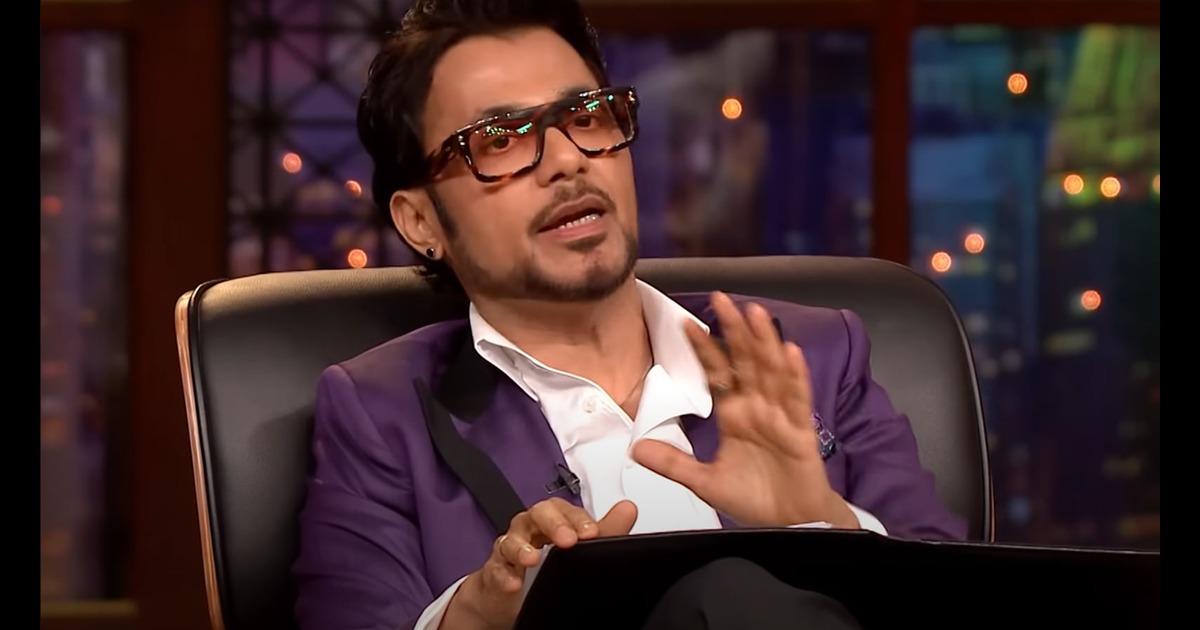Indian YouTuber and podcaster Ranveer Allahbadia, widely known as “BeerBiceps,” has come under intense scrutiny following controversial remarks made on comedian Samay Raina’s show, “India’s Got Latent.” The incident has ignited widespread debate over the responsibilities of digital content creators and the platforms that host their content.
The Controversial Incident
The controversy erupted when Allahbadia posed an inappropriate question to a contestant on Raina’s show, asking whether he would prefer to witness his parents engage in intimate relations daily or participate once to end it. This remark quickly went viral, leading to public outrage and condemnation from various quarters, including political figures. Multiple police complaints were filed against both Allahbadia and Raina, prompting legal proceedings and discussions in the Indian Parliament.
Anupam Mittal’s Perspective
Amid the escalating situation, Anupam Mittal, a judge on “Shark Tank India,” offered a nuanced viewpoint. In a LinkedIn post, Mittal described Allahbadia and Raina as “victims” ensnared in a broader social media ecosystem that thrives on sensationalism and outrage. He criticized platforms like YouTube and Instagram for promoting provocative content to maximize engagement, thereby fostering a cycle where creators feel compelled to produce increasingly extreme material to remain relevant. Mittal emphasized that the core issue extends beyond individual actions, pointing to systemic problems within the digital content landscape.
Legal and Social Repercussions
The incident has led to significant legal and social consequences. The Supreme Court of India intervened, shielding Allahbadia from arrest but condemning his conduct as “lack of responsibility” and “condemnable.” The Court also mandated that Allahbadia surrender his passport and refrain from leaving the country during the ongoing investigation. This judicial involvement underscores the serious nature of the allegations and reflects the broader societal concerns regarding content appropriateness in digital media.
Content Moderation and Platform Accountability
Mittal’s critique extends to the algorithms employed by social media platforms, which often prioritize content likely to elicit strong reactions. This approach can inadvertently promote material that borders on obscenity or offensiveness. He advocates for holding these platforms accountable, suggesting that they should not be absolved of responsibility under existing digital intermediary laws. Mittal’s stance calls for a reevaluation of how content is curated and moderated, emphasizing the need for platforms to exercise greater responsibility in the dissemination of content.
Responses from the Content Creators
In response to the backlash, Allahbadia issued a public apology, expressing regret for his remarks. Raina, on his part, removed all episodes of “India’s Got Latent” from his YouTube channel and assured full cooperation with investigative authorities. He conveyed that his primary intention was to entertain and bring joy to his audience, acknowledging the unforeseen negative impact of the content.
Broader Implications for Digital Content
This incident has sparked a broader discourse on the ethical boundaries of digital content creation and the role of platforms in content regulation. It highlights the tension between creative expression and societal norms, raising questions about where to draw the line in pursuit of engagement and virality. The situation serves as a catalyst for discussions on implementing more robust content moderation policies and the potential need for regulatory frameworks to govern digital platforms.
Conclusion
The controversy surrounding Ranveer Allahbadia and Samay Raina serves as a critical reminder of the complex dynamics at play in the digital content ecosystem. While content creators bear responsibility for their material, the platforms that amplify such content also play a pivotal role in shaping public discourse. Anupam Mittal’s insights call for a collective reassessment of how content is produced, promoted, and consumed, advocating for a balanced approach that safeguards creative freedom while upholding societal values.



